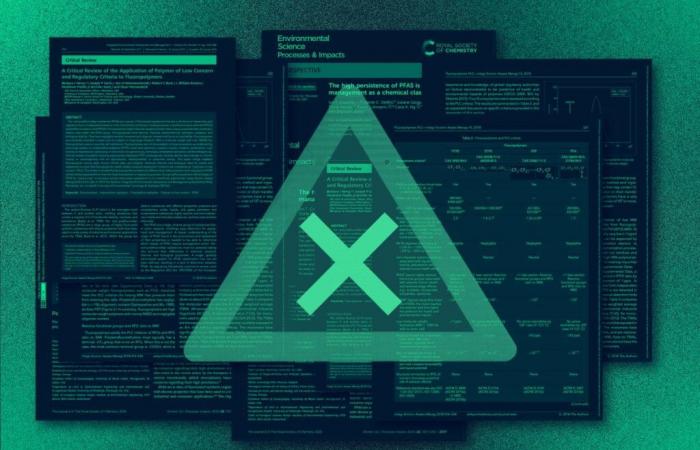Without PFAS, no green transition, no digital transition, no more semiconductors. According to the manufacturers, ban PFAS and there is a guaranteed shortage of medicines, the end of strategic autonomy and European sovereignty. In short, an unprecedented socio-economic disaster. And then, “PFAS are like mushrooms”, says Tefal, the inventor of the non-stick pan: “There are some dangerous ones and some not dangerous ones. » So, is Europe really sure that they should be banned?
Each lobbying campaign has its arguments. The one launched against the proposed “universal restriction” (“uPFAS”) of per- and polyfluoroalkyl substances (PFAS) is no exception. Proposed in February 2023 by Germany, Denmark, Norway, the Netherlands and Sweden as part of the European Reach regulation (registration, evaluation and authorization of chemicals), “uPFAS” has since mobilized hundreds of lobbyists, dedicated to defending the interests of around fifteen sectors of industry. Duplicated, repeated, amplified during meetings, in emails, webinars or posts on LinkedIn, are the lobbying arguments deployed by these manufacturers based on reliable, verifiable data?
You have 90.4% of this article left to read. The rest is reserved for subscribers.
World






